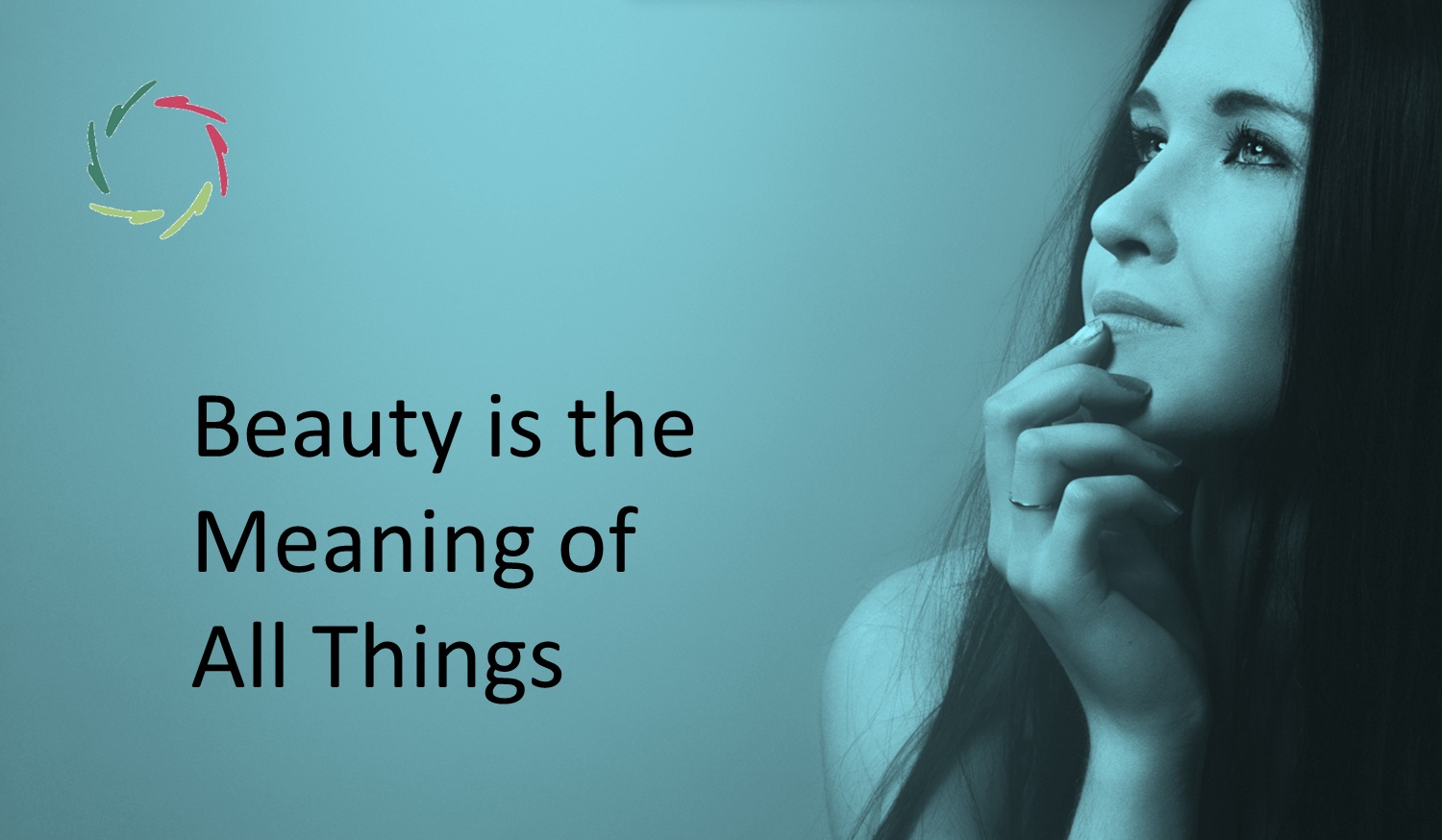Whence Beauty?

To me, a world without beauty is hardly a world worth living in.
Some tend to reduce beauty to an ‘evolutionary trick’
something like a mechanism concocted by nature only to lure us into existence and even more: keep us here…
This reasoning may be correct. However, the ‘only’ is loathsome because it’s not the end of the story. The reasoning should go (much) further. Thus, the reduction is unwarranted.
Even ‘evolution’ is not the end of the story. We see ‘evolution’ in life on this planet. It seems like a mechanism to which life automatically reaches. But what makes life reach towards this? Is it ‘expansion’? Probably. Is it then, even more abstractly seen, the same kind of ‘expansion’ as we see in the universe as a whole?
The best we can say about this is:
We don’t know.
That shouldn’t stop us from going forward. On the contrary.
To (try to) reduce beauty is to stop thinking about it.
It’s the same way one can (try to) reduce anything of deep value. I, in any case, don’t want to do that. I see no sense in such reduction, no rationality and no, well, value. No positive ‘why’. Only a negative one: some deep hurt from the past?
Whence beauty?
The ancient Greek ‘καλός κἀγαθός’ comes to mind: ‘the beautiful and the good (or virtuous)’. It was used to describe a gentlemanly (no women, unfortunately, those times) ideal personal conduct. ‘Beauty’ to those Greeks was one of two highest values.
This resonates with me, personally. I think anybody should try to feel whether it resonates to him/her, personally. There is no need for a ‘grand design’ behind it that one can discover and that then, without personal involvement, will impose how things are, or how they are not.
It’s a personal responsibility. That’s mainly why a reduction is not straightforwardly appropriate. The responsibility stays even while we don’t get the result for free.
It means one has to work on it.
Indeed, much of what we call ‘beauty’ demands a special openness. Including natural beauty. Cultural beauty (music, painting, fashion…) even demands special time and effort in a learning process.
Of course, beauty can go together with an atrocity. Then it’s beauty + atrocity. Very pitiful. Even so, no reason to devalue beauty as such. With this in mind, I dare say:
Beauty is to me an ‘end value’.
Meaning: its value is unconditional. Beauty does not need to be an instrument to anything else in order to be deeply valuable. Money, for instance, always is [see: ‘From deep meaning to post-capitalism’].
A question to ‘counter’ my own statement: is beauty not instrumental to human well-being?
Yes it is, but the question itself is incomplete. To cut short:
Beauty IS human deep well-being.
At least the beauty that I am talking about. No merely superficial stuff.
Real beauty is beautiful because it is attractive to a total person, thus also because it enhances his deep well-being.
One step further: beauty is ‘in the eye (read: mind) of the beholder. It is his experience. It is his deep well-being, which is also nothing more nor less than an experience.
It’s the same thing.
Whence beauty?
From depth of human soul.


